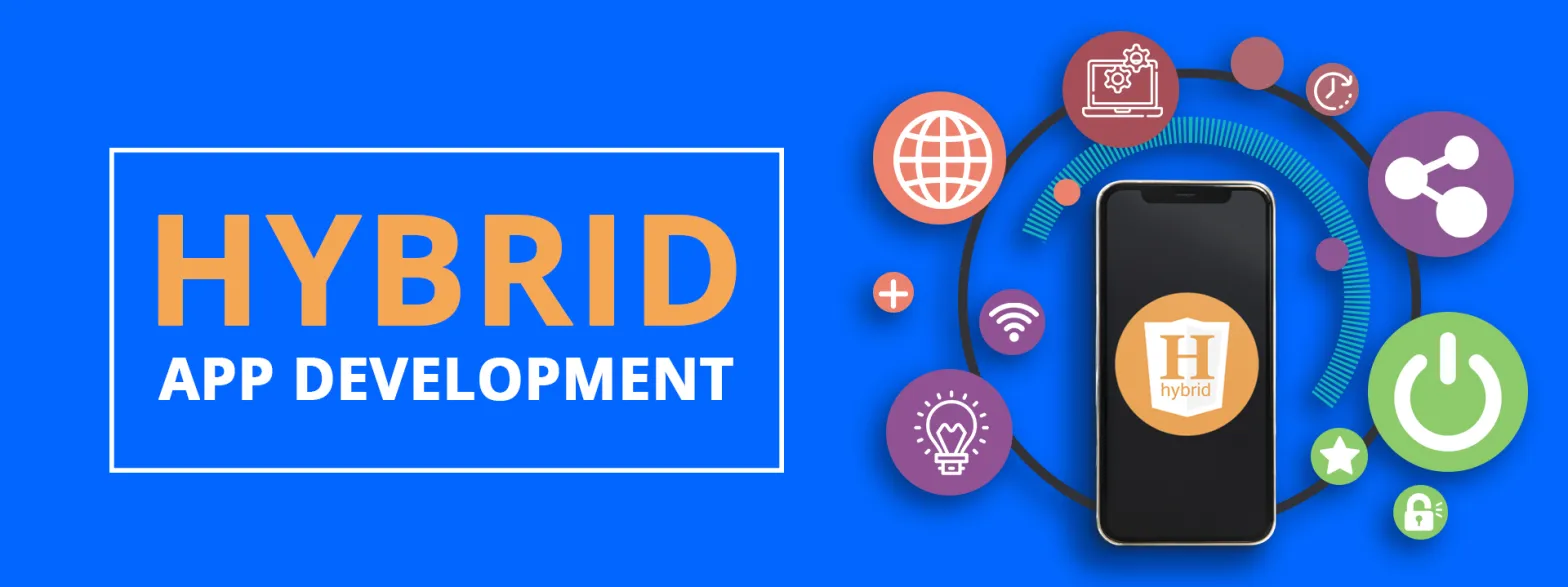Hybrid Apps for Small Businesses: What You Need to Know

At Mountain Techno System, we understand that small businesses often face unique challenges in today’s competitive digital landscape. One of the most effective solutions is adopting hybrid mobile apps, which combine the best features of both native and web applications. In this article, we’ll explore the essential aspects of hybrid apps that small businesses need to know, highlighting their benefits, development considerations, and best practices.
Hybrid apps are becoming increasingly popular among small businesses due to their flexibility, cost-effectiveness, and broader reach. Here’s what you need to know:
1. Understanding Hybrid Apps
- Definition: Hybrid apps are built using web technologies like HTML, CSS, and JavaScript, but they run inside a native container. This allows them to leverage device features while maintaining a single codebase for multiple platforms (iOS and Android).
- Examples: Popular hybrid apps include Instagram and Uber, which deliver a seamless user experience across devices.
2. Cost-Effectiveness
- Development Savings: For small businesses, budget constraints are crucial. Hybrid apps require less time and resources to develop compared to native apps since you only need to maintain one codebase for both platforms.
- Lower Maintenance Costs: Updates and bug fixes can be rolled out simultaneously for all platforms, further reducing ongoing costs.
3. Faster Time-to-Market
- Rapid Development: With hybrid app development, businesses can launch their applications more quickly. This agility is essential for small businesses looking to enter the market and gain a competitive edge.
- Iterative Updates: Businesses can quickly iterate and respond to user feedback, ensuring their app stays relevant.
4. Access to Device Features
- Enhanced Functionality: Hybrid apps can utilize native device features such as GPS, camera, and push notifications, enhancing the user experience and providing valuable functionality for customers.
- Offline Capabilities: Many hybrid frameworks allow for offline access, ensuring users can engage with the app even without an internet connection.
5. User Experience
- Responsive Design: Hybrid apps can be designed to adapt to various screen sizes and resolutions, providing a consistent experience across devices.
- Engaging Interfaces: With advanced frameworks, small businesses can create visually appealing and interactive applications that captivate users.
6. Considerations for Development
- Choosing the Right Framework: Small businesses should select a robust hybrid framework (like React Native, Flutter, or Ionic) that aligns with their specific needs and technical capabilities.
- Hiring Expertise: Consider collaborating with experienced developers or agencies that specialize in hybrid app development to ensure quality and performance.
Hybrid apps offer a compelling solution for small businesses looking to expand their digital presence without the high costs and complexities associated with native app development. At Mountain Techno System, we are dedicated to helping small businesses leverage hybrid technology to drive growth and enhance user engagement. By understanding the key elements of hybrid apps, you can make informed decisions that align with your business goals.














